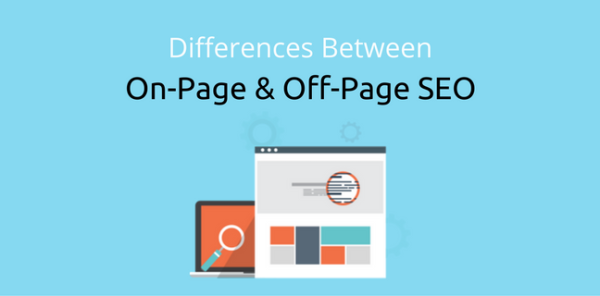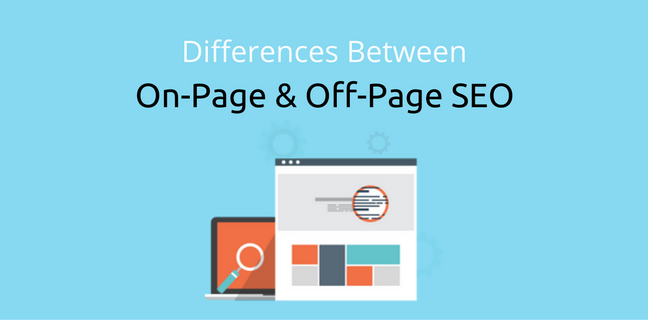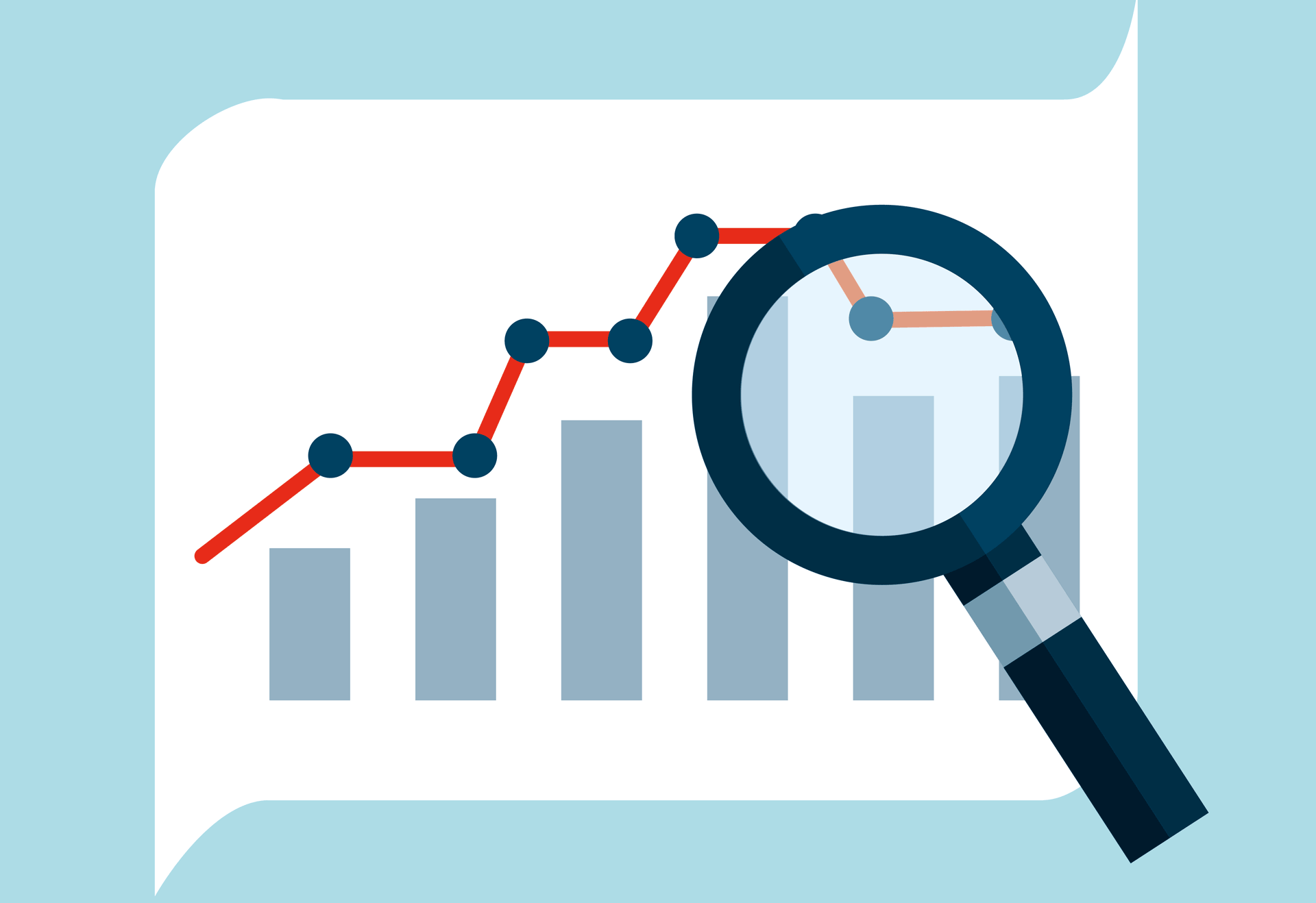SEO is now a firm part of any effective digital marketing strategy. Paid traffic works well for many companies but SEO also has a big part to play in driving website traffic and generating sales leads. More people are beginning to understand SEO and the various principles involved in it but haven’t quite taken this understanding to the next level yet.
Just in case you are hearing about SEO for the first time, let’s briefly talk about this. SEO (Search Engine Optimisation) is all about optimising your website or online content for search engines. It is about applying a set of principles that make your website and content more favoured by Google and other search engines. The main objective from the search engines’ perspective is to provide the best user experience.

The search results are returning the websites and pages that are most useful and relevant to the user performing a search. And when they visit the website listed in the top results, it should be easy to use and the user will get an accurate answer to their query or the product they are looking for. So SEO is basically the work that goes into getting those websites and content to be deemed high quality by the search engines.
And why do people want to put so much effort into this? Because the higher they feature in organic searched, the more website traffic they will receive and therefore the more potential for conversions or capturing sales leads.
There are many different principles that go into SEO but here we will just look at defining the differences between on-page and off-page SEO.
On-page SEO
To keep it at a fairly high level, on-page SEO refers to the SEO that happens within the website itself. The main elements of this include meta description and title tags. It also involves keywords usage and using SEO friendly URLs. Some of the on-page SEO will get done automatically for you if you use WordPress, for example like subheadings being marked up with heading tags.
On-page SEO also involves the user experience, so how fast the page loads (largely determined by the quality of the web host), whether it has a responsive design, how easy it is to navigate around the website and its pages. The content quality is a big factor in on-page SEO, in particular ensuring that the content is useful and is adding value for users. The length of content can also be an important aspect of determining the quality. For example, a long-form 2000+ word detailed guide on how to solve a relevant problem would be deemed higher quality than a shorter one that skips around the topic and doesn’t offer much in terms of guidance.
Linking is involved with both on-page and off-page SEO. Internal linking comes under on-page SEO, so the linking of your pages within your website.
Off-page SEO
Off-page SEO is more about what happens outside of your website. It is a bit like a popularity contest, in a way. Google wants to know how popular your website is with other internet users and if other people use your content to link to from their website.
The main aspect of this is referred to as ‘backlinking’, in other words, links that go back to your website from other places on the internet. The most desired types of links are natural links, whereby an internet user has found your content and wants to link to it because it helps them to explain something or adds to their own content. It can be difficult to get started with this but you have to concentrate on producing high quality, very useful content.
You are trying to establish your website as a high authority site, a source of high quality content that people want to use. You want to produce content that social media users share and achieve as many links as possible. Both off-page and on-page SEO are very important in getting the results you want, so it is worth spending time in both of these areas if you want to increase the amount of organic traffic going to your website.







